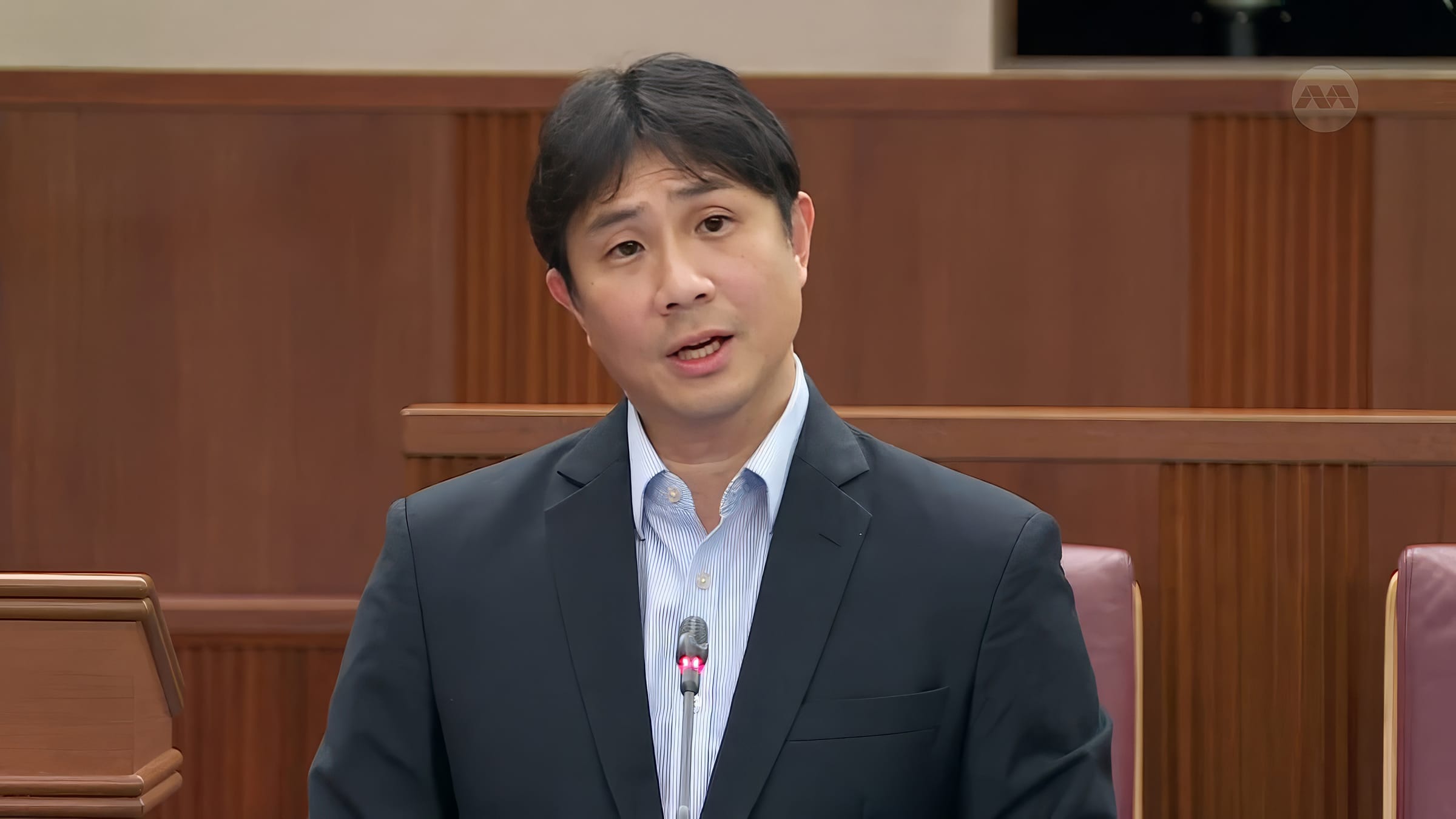God, it's easy to be a left-winger. So, yesterday, WP's parliamentarians Sylvia Lim and Jamus Lim presented their ideas on how to combat scams, protect their victims and who should bear the losses when they occur.
And, as ever, you just have to admire the "originality".
I'm not going to tear down every single misguided idea there but, basically, they managed to boil everything down to the fact that banks are rich, so they should fully (or nearly) reimburse victims of any scam, regardless of actual responsibility.
Jamus suggested that cheated individuals should be liable to bear no more than $100 to $500 in damages if they get duped by somebody, with banks and telcos shouldering the rest (i.e. pretty much all of it).
Pardon me, but isn't that their answer to just about EVERY problem in existence.
Left-wingers all over the world place responsibility for every problem on the people who had nothing to do with it but just happen to be more successful than others.

If they suggest solutions to any issue – healthcare, unemployment, infrastructure etc. – it's always either about taxing the rich and corporations, borrowing money at public expense or, in Singapore, taking it from reserves.
In the same vein, they now say: "Banks should pay for somebody else's crime" – and only because they can.
It's never about self-responsibility – or even at least sharing some of it. Instead, it's about shifting it, penalising people or companies who did no wrong, only to win popular support.
They love to play Robin Hood, because it's an easy, populist narrative that tends to work with the masses. It doesn't matter if you screwed your life up - somebody who didn't is liable to support you - and we, the good left-wing guys, are going to force him to!
Similarly, it doesn't matter if you're a gullible dimwit who sent $100,000 to an "online lover" from Cambodia – your bank should be forced (by law!) to reimburse you for your own stupidity.
Now, don't get me wrong: yes, financial institutions, telcos and tech companies have their share of responsibility for scam proliferation. They can and should be forced to take measures to protect their users from criminals – and if they do not, they should be liable for it, including financial reimbursement of the victims, as I wrote myself here before.
But this cannot be a blanket penalty imposed on them in every single case.
First of all, it would simply be unjust. Ultimately, in many of these scams, individuals make conscious decisions to transfer money to people they don't even know. Why should anybody else pay for it?
Secondly, reducing the burden on the individual would only incentivise irresponsible behaviours, as people would be keenly aware they can't really lose much. This would make Singapore a scam haven.
After all, we don't know what we don't know – in this case, we don't know how many scams fail because most people are already quite well-informed and afraid of losing their savings.
But if they knew they were always safe, how many more would download shady apps from the web? How many would send money to job scammers, fake lovers or pretend-relatives?
Left-wingers have a tendency to either ignore or fail to understand the complexity of each and every problem and clearly believe that taking money from someone else's pocket is a silver bullet solution to all of them.
Scam methods are very diverse.
If someone downloads malware from an ad that was served to him by a social media corporation like Facebook – and has his phone hacked in the process – it's pretty clear that the responsibility for screening the ad contents should lie on the company not the user, since that company is getting paid to display it.
"We're too greedy to screen all ads" cannot be an acceptable response. It's as if a restaurant said it's too busy to make sure all ingredients are fresh and clean.
But if you're the sort of a person who thinks it's possible to make thousands of dollars by completing surveys on the internet and then proceed to send money to some bloke on Whatsapp, then perhaps you deserve the lesson, no?
Should the state babysit every citizen and then take money from those who did no wrong only so the scam victim is spared the consequences of his choices, while criminals reap the rewards?





